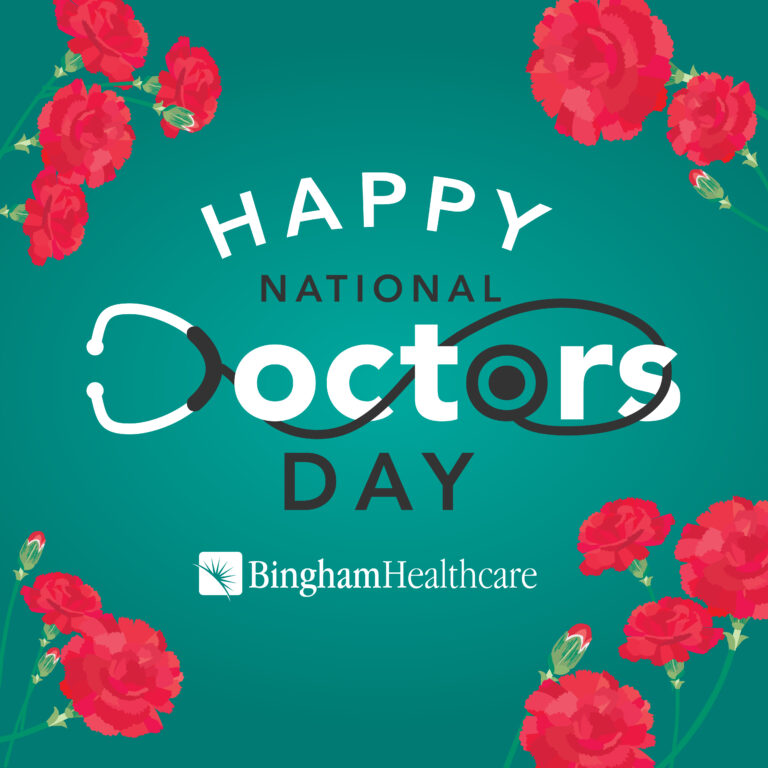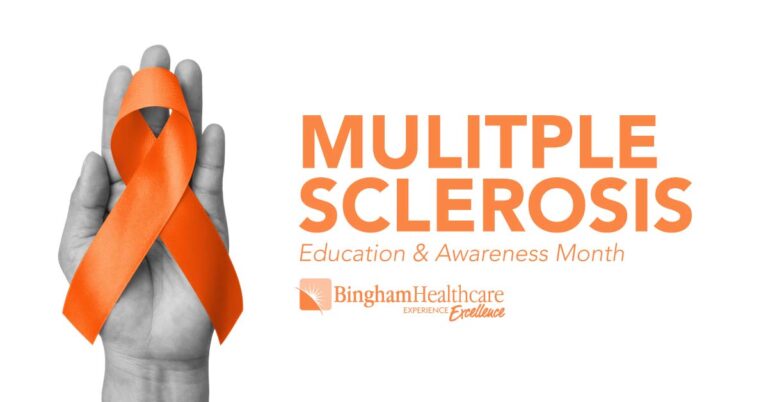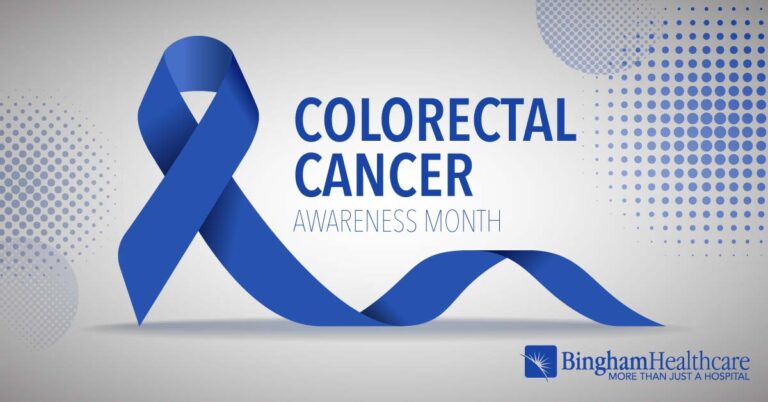
First (Aid) Things First
Lifesaving tips that can turn you into a hero
Bystanders trained in first aid can mean the difference between life and death. Many emergency procedures started by trained individuals have saved the lives of many victims. And, conversely, many more could have been saved if immediate care had been available.
CPR is an example. Contrary to what you see on television, which portrays about 95% of patients saved by CPR, fewer than eight percent of cardiac arrest victims actually survive because they don’t receive the proper help they need. Their chances of survival double, however, when a bystander performs CPR correctly right away. Bystanders trained in first aid achieve even better results in controlling bleeding, performing the Heimlich maneuver, or preventing spinal cord damage.
Becoming a bystander who makes a difference is simple: Learn first aid. If you’re interested in learning CPR, we offer classes at Bingham Memorial Hospital (BMH). If you sign up for a course, you can use your hands to save a life. Meanwhile, here are answers to some of the most common first-aid questions.
What’s the first thing I should do in an emergency?
Evaluate scene safety. Your safety is top priority. If you become injured, you will double the need for resources and delay treatment for the victim. Before approaching an emergency scene, take a moment to check for hazards, such as fire, downed power lines, toxic material and unstable vehicles. If you are unable to approach safely, call 911 and wait for professional help.
Is compression-only CPR effective?
Yes. Experts have recognized that bystanders are often reluctant to begin CPR because of concerns about mouth-to-mouth resuscitation. After figuring some CPR was better than no CPR, experts wrote new guidelines advocating compressions only. Then a funny thing happened.
Recent studies have found people receiving CPR were getting as good or better success with chest compressions alone. It seems that with compression-only CPR, you still get some air into the lungs, and the continual compression without breaks for breaths keeps blood delivering oxygen to the brain.
My child just ingested a poison. Should I make him vomit?
No. Induced vomiting was once the accepted treatment for poisoning—so much so that every ER and household kept syrup of ipecac on hand. If you still have a bottle, flush it. A lot of things children swallow are more dangerous when they come back up. A good example is gasoline. As long as it stays down it’s not a huge issue, but if we make them vomit it can be aspirated into the lungs and then it’s very, very dangerous.
So what should you do? If your child is unconscious or having trouble breathing, call 911 immediately. Otherwise, remove the item from your child’s mouth and make your child spit out any remaining material. Call Poison Control (800-222-1222) with the container available so you can read the list of chemicals ingested. If you’re instructed to go to the hospital, be sure to take the container with you.
Should I really put severed body parts on ice?
Yes … and no. Severed body parts should first be placed in a plastic bag or wrapped in plastic, then placed on top of ice for transport. Placing a body part directly on ice or in cold water can make reattachment difficult. Remember, saving the victim’s life is more important than saving the body part. Perform lifesaving first-aid techniques first.
My friend is coughing and clutching his throat. Should I perform the Heimlich maneuver?
No. Coughing is a sign that the airway is only partially blocked. Do not interfere, but be ready to step in if the situation worsens.
Should I prevent a seizure victim from biting his tongue?
Only if you want to lose a finger. The only thing you should do for a seizure patient is to keep him from being hurt by removing furniture and other objects that are around him.
Should I put butter on a burn?
No. Never put anything organic on any burn. For minor burns, run cool water on the burn. Then wet a gauze pad or clean cloth and place it over the burn. Apply antibiotic ointment to prevent infection.
Should I take an aspirin if I think I’m having a heart attack?
Yes … unless there is a medical reason not to, such as an allergy. Anyone who suspects a heart attack should chew a noncoated adult aspirin as soon as possible. This will start working on the clot that’s causing the heart attack while the patient gets to the hospital.
We’re Here for You!
Emergency Room
98 Poplar Str.
Blackfoot, ID 83221
(208) 785-4100
Open 24 hours a day
1st Choice Urgent Care & Family Medicine
(across the street from McDonalds)
1350 Parkway Dr.
Blackfoot, ID 83221
(208) 782-2410
Mon. to Thurs.: 8 am to 8 pm
Fri: 8 am to 6 pm
Sat. & Sun.: 8:30 am to 6:30 pm
Learn more about when it’s best to visit the ER or Urgent Care
This content is reviewed regularly and is updated when new and relevant evidence is made available. This information is neither intended nor implied to be a substitute for professional medical advice. Always seek the advice of your physician or other qualified health provider prior to starting any new treatment or with questions regarding a medical condition.
Return to Articles


